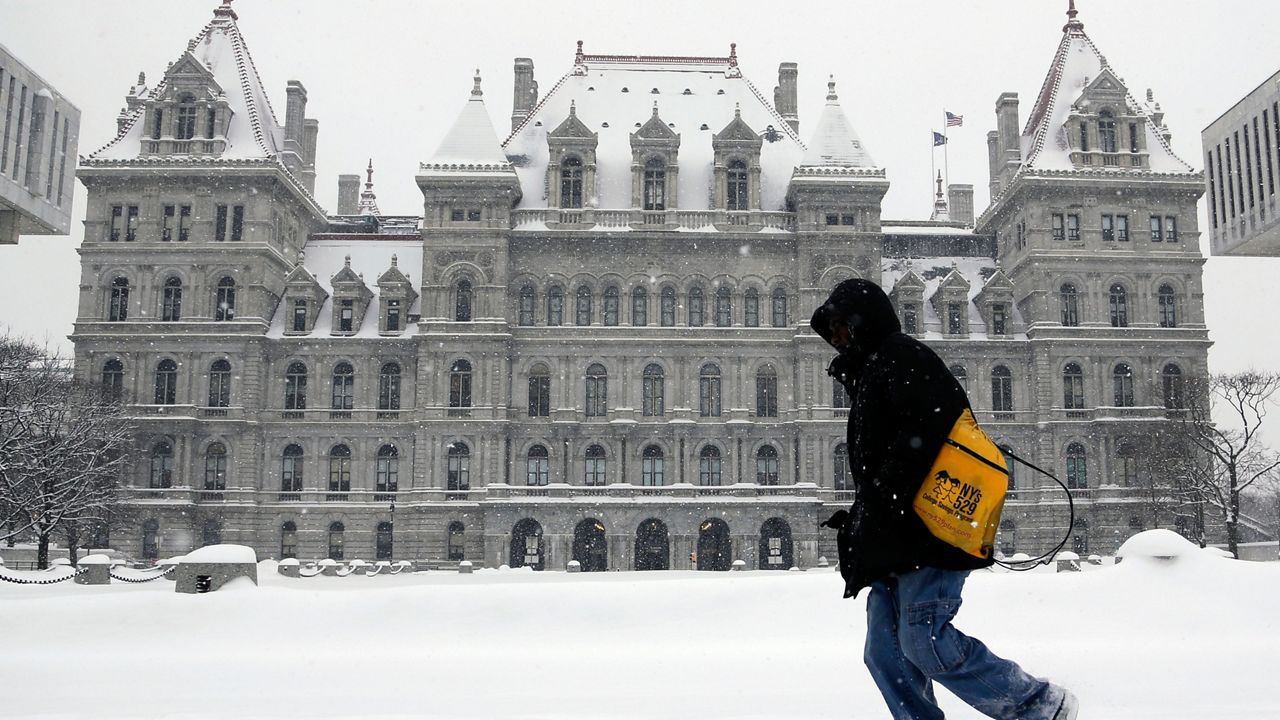Middle-income earners and working class New Yorkers should not take the brunt of closing a $6.1 billion budget gap, but there’s a “discussion to be had” over whether richer people should be asked to pay more, Sen. Mike Gianaris said in an interview Wednesday on NY1’s Inside City Hall.
“I think there’s a discussion to be had about whether we want to focus on some of the wealthier individuals in the state who can certainly afford to contribute a little bit more when times are tough,” he said when asked about a potential tax increase. “But that’s something we haven’t resolved yet.”
Senate Majority Leader Andrea Stewart-Cousins this week told reporters the budget gap facing lawmakers and Gov. Andrew Cuomo is worrisome and increasing taxes on New Yorkers won’t be a first option for Democrats in her conference.
Gianaris in the interview said the burden won’t be shouldered by middle-class people.
“I know our leader has made clear that we’re not looking to increase the burden on working people in New York, but at the same time we don’t want a reduction in services,” he said. “So, that dialogue is something that’s going to unfold over the next several months.”
But talk of a tax hike has revived discussion of whether to increase taxes on upper-income earners in the state — a move that has been opposed by Gov. Andrew Cuomo. In the recent past, Democrats in the Legislature have sought tax rate hikes on people who earn more than $5 million a year.
Assembly Speaker Carl Heastie this month said he is supportive of raising new revenues in the budget as opposed to cutting spending, though did not go into detail.
But Cuomo has not embraced higher taxes for the rich, pointing to a $10,000 cap on state and local tax deductions and the ability of wealthier people to leave the state. Revenue generated by the personal income tax comes in large part from a handful of wealthy people in the state.
Lawmakers have signaled they want pass a legally required balanced budget that closes the gap while also bolstering key areas of concern — namely schools and health care spending.
“Many of us believe that there’s a great inequality in terms of who pays and the services rendered,” Gianaris said in the interview. “We actually want to increase the spending on our education and health care systems in a way that continues to provide better services for New Yorkers and when we don’t have money that means we’re going to have to try to find it somewhere.”
The budget is expected to pass by March 31.


